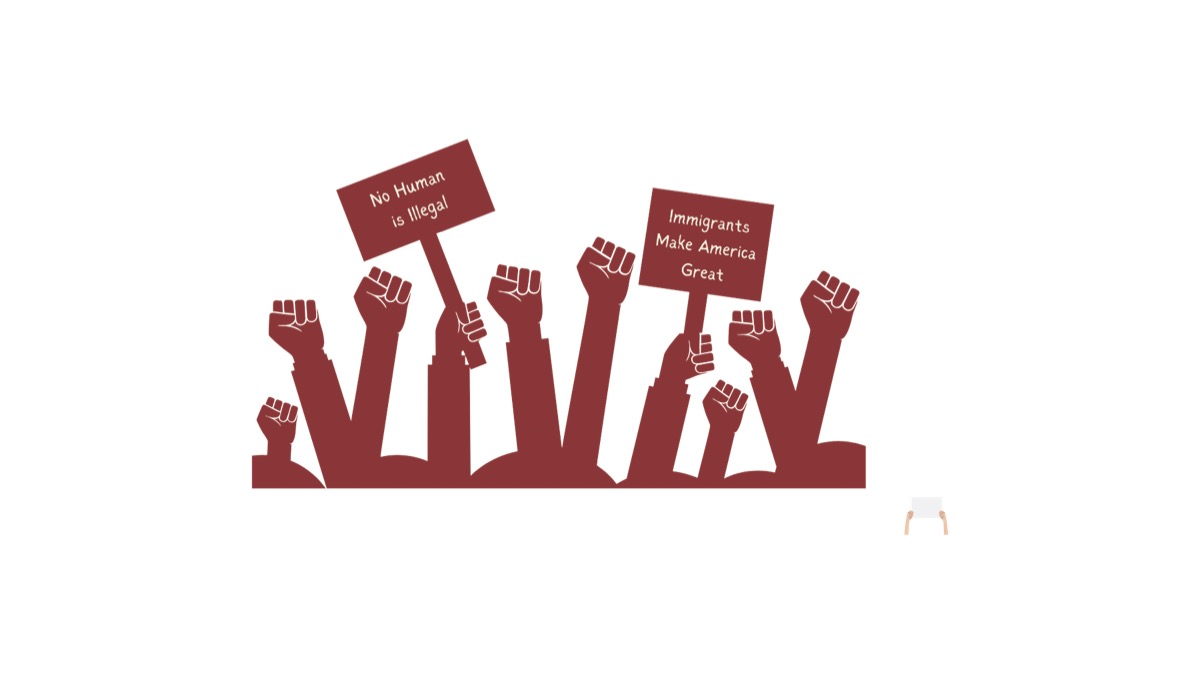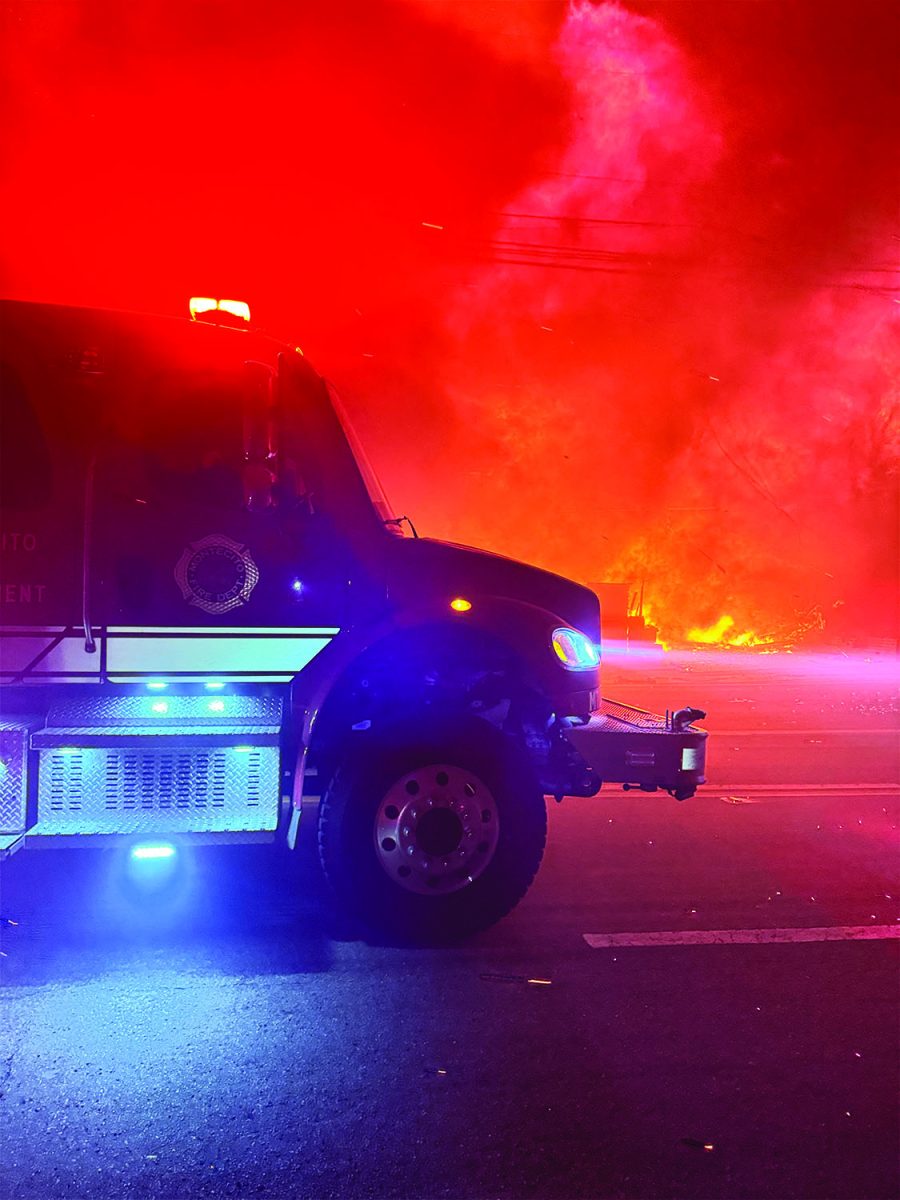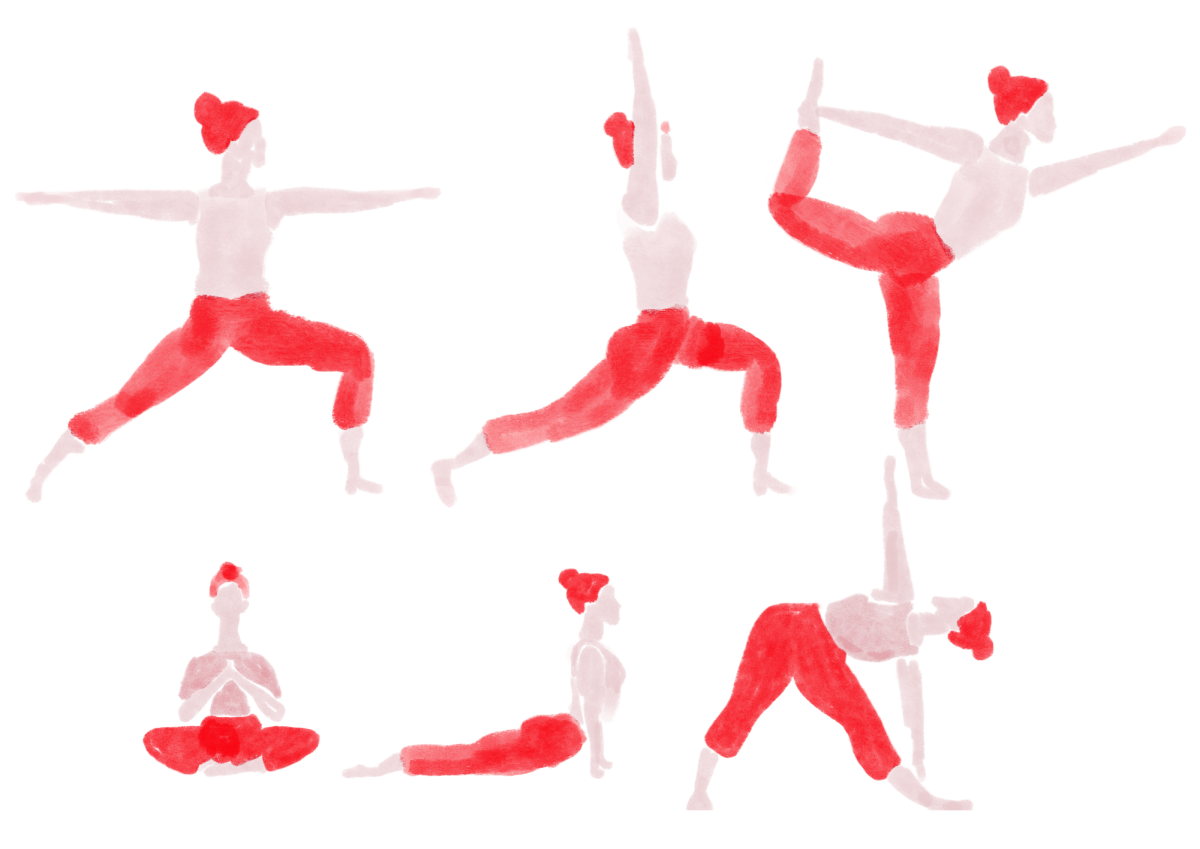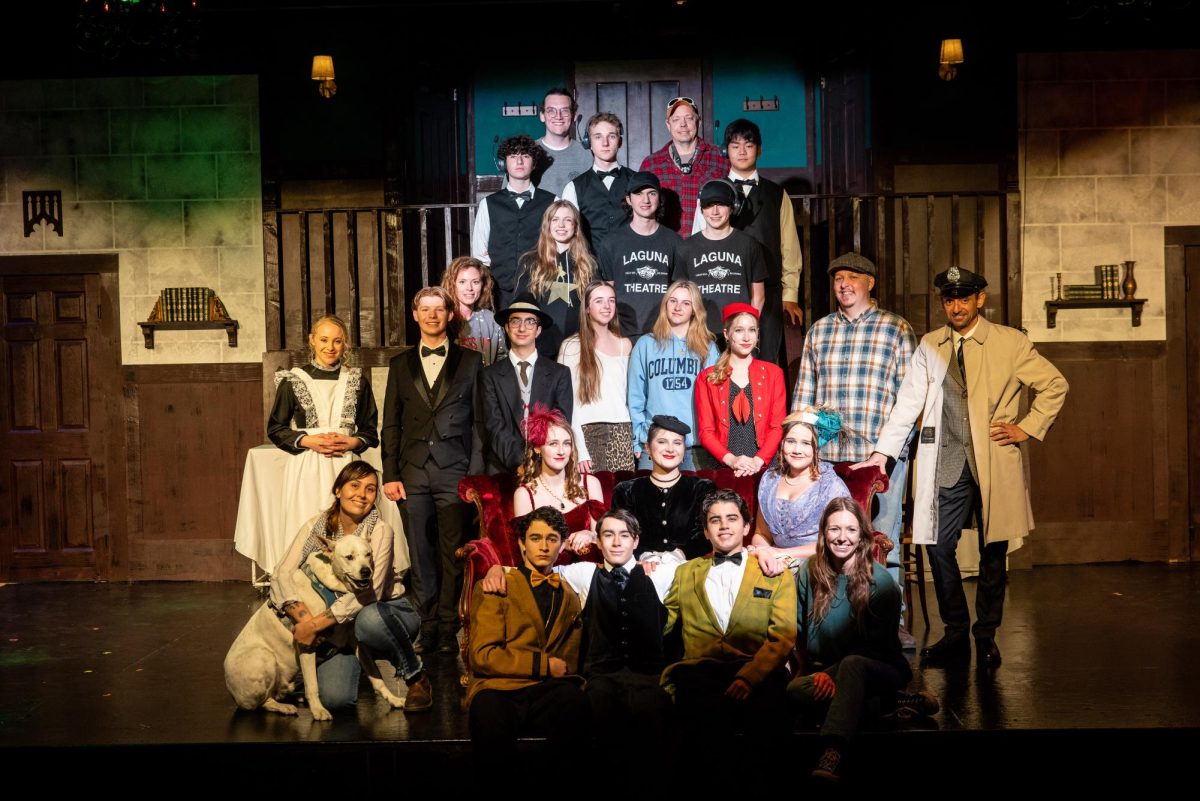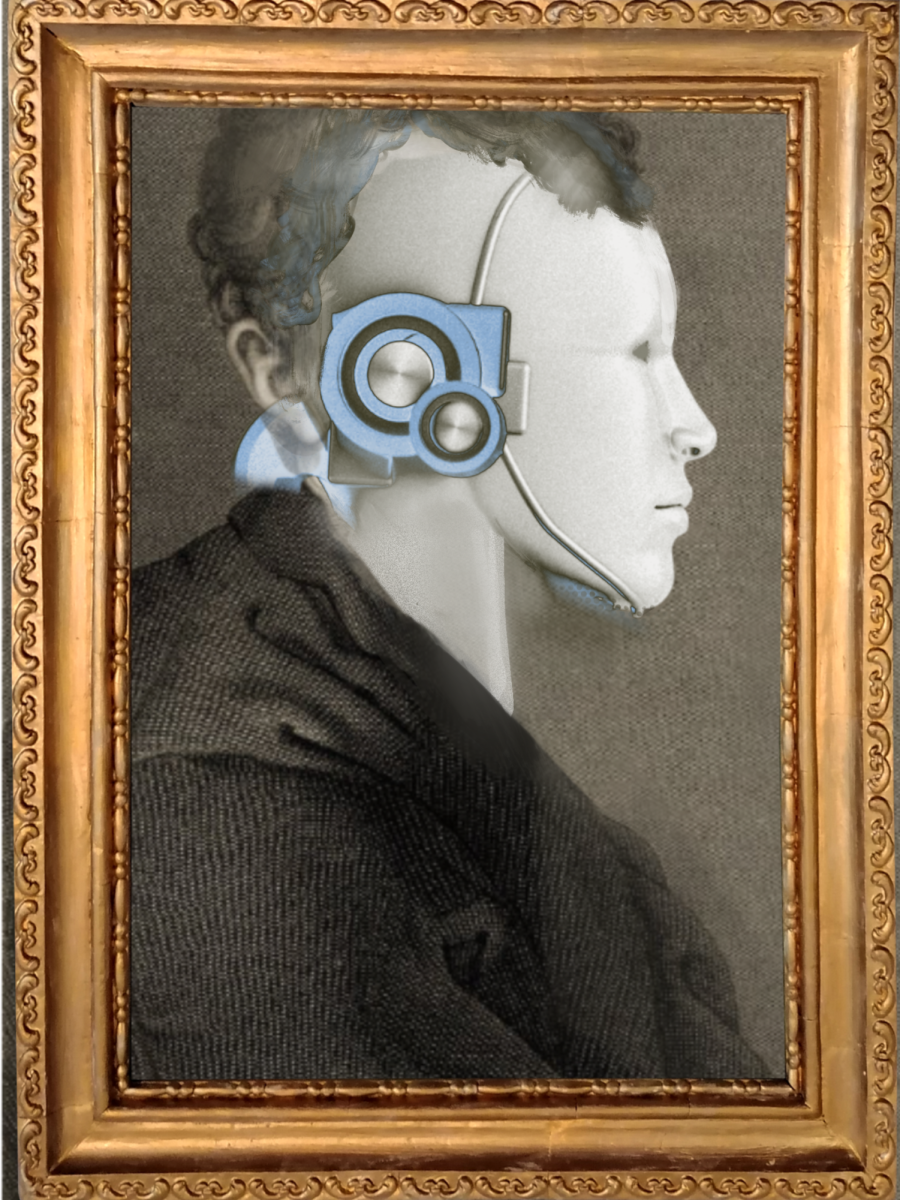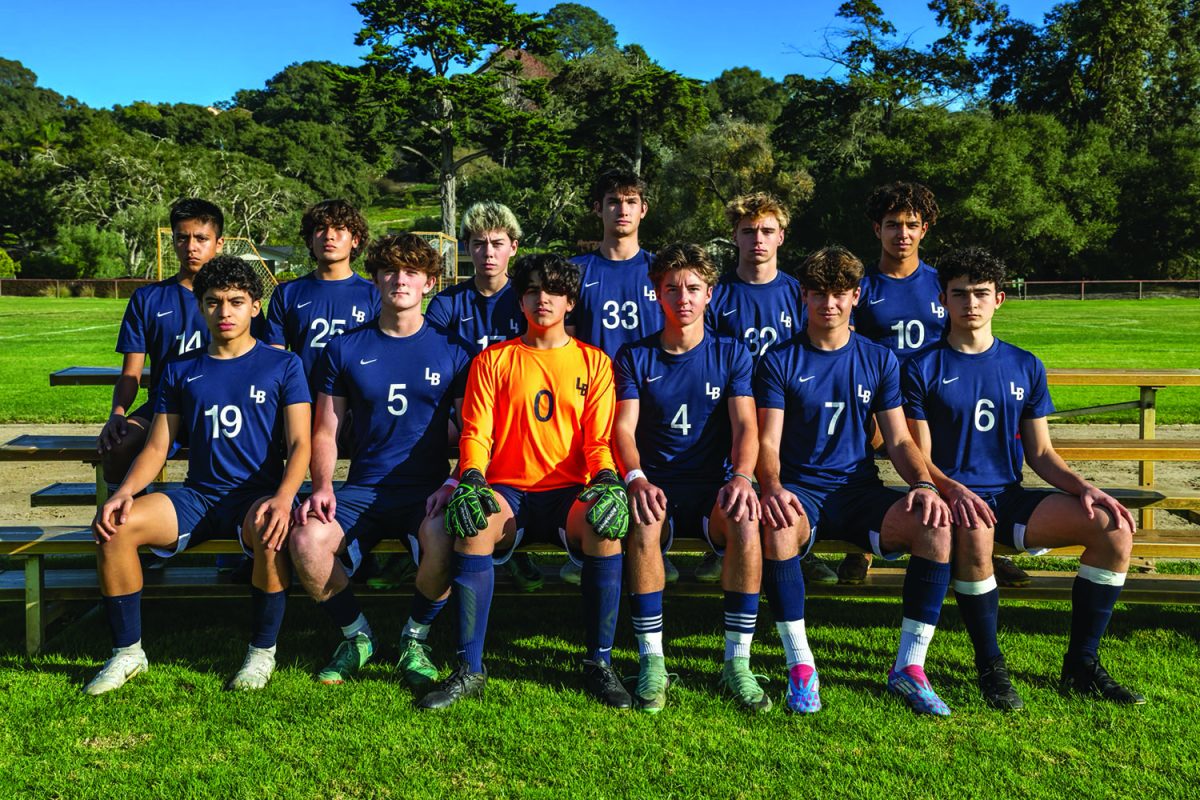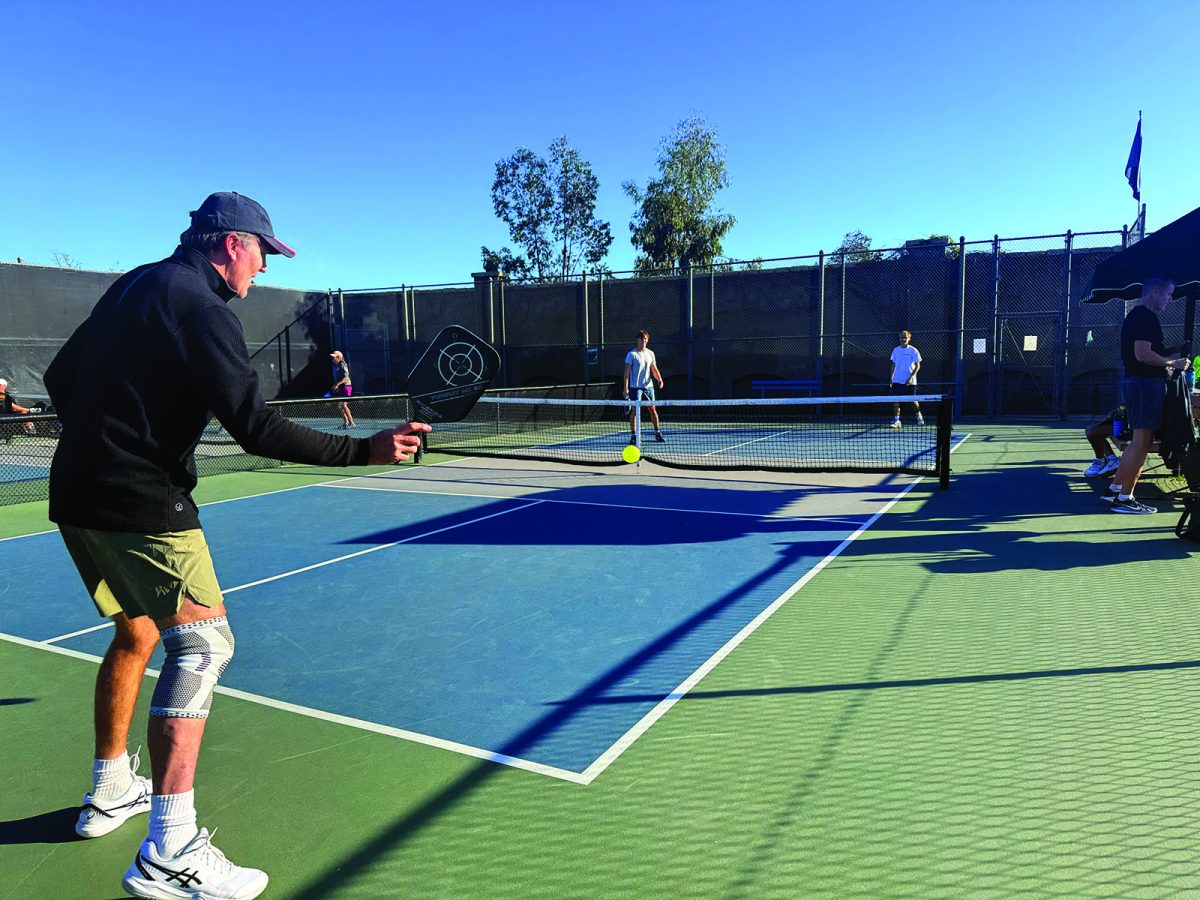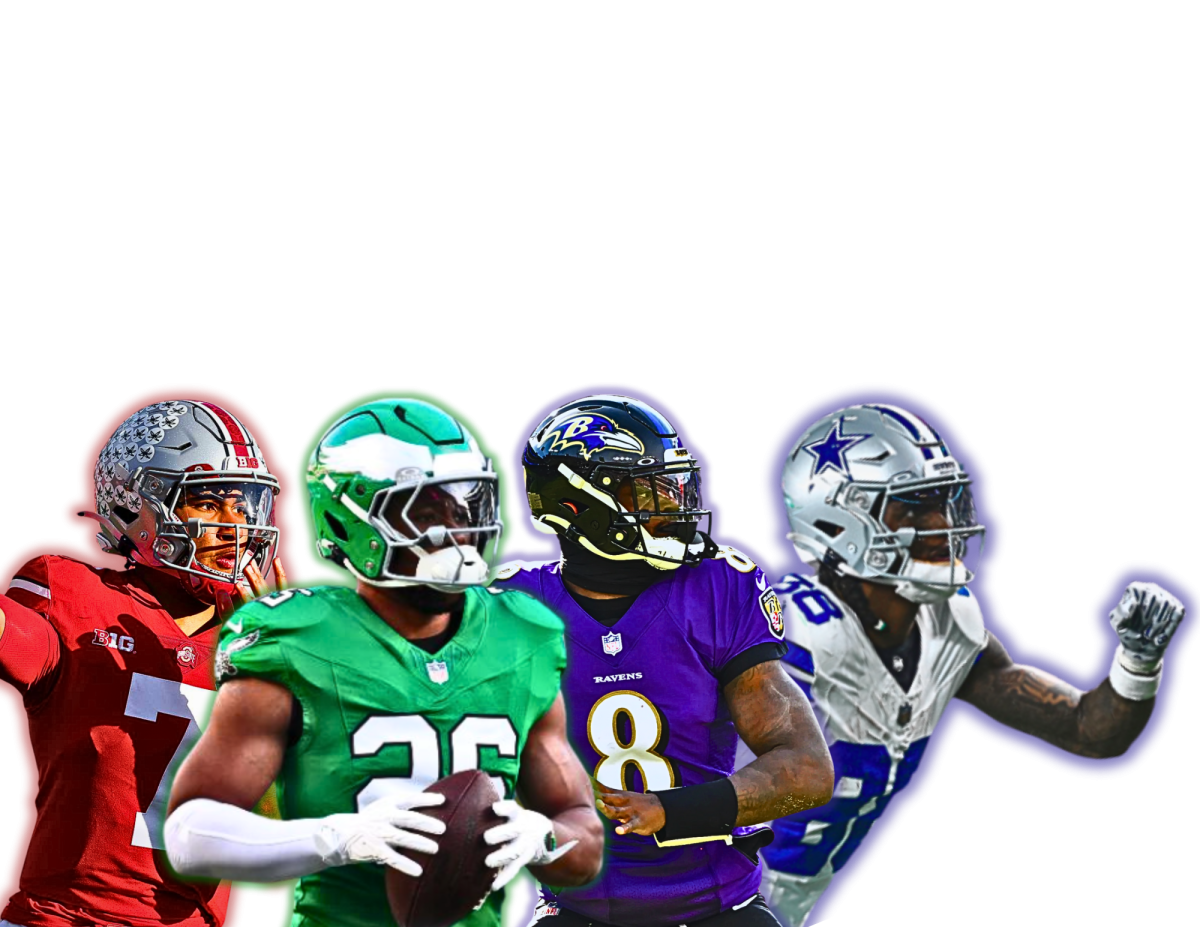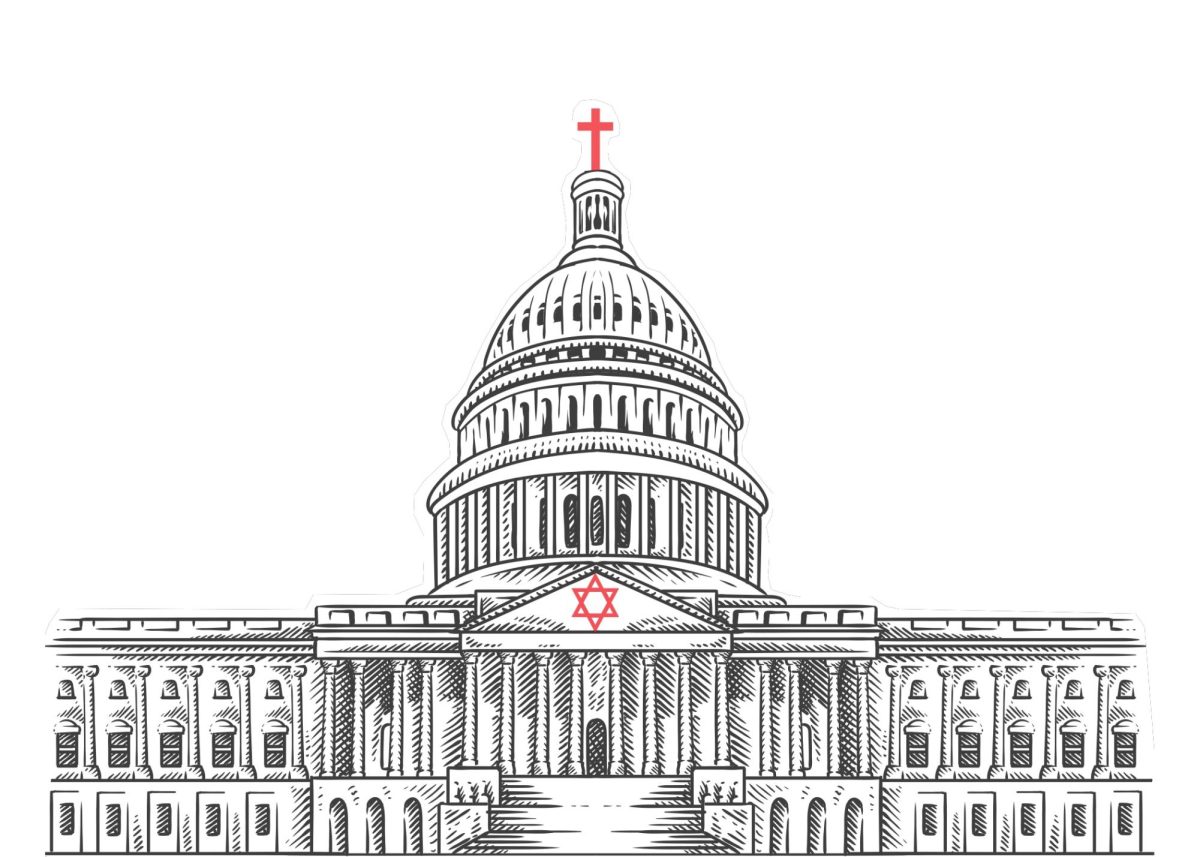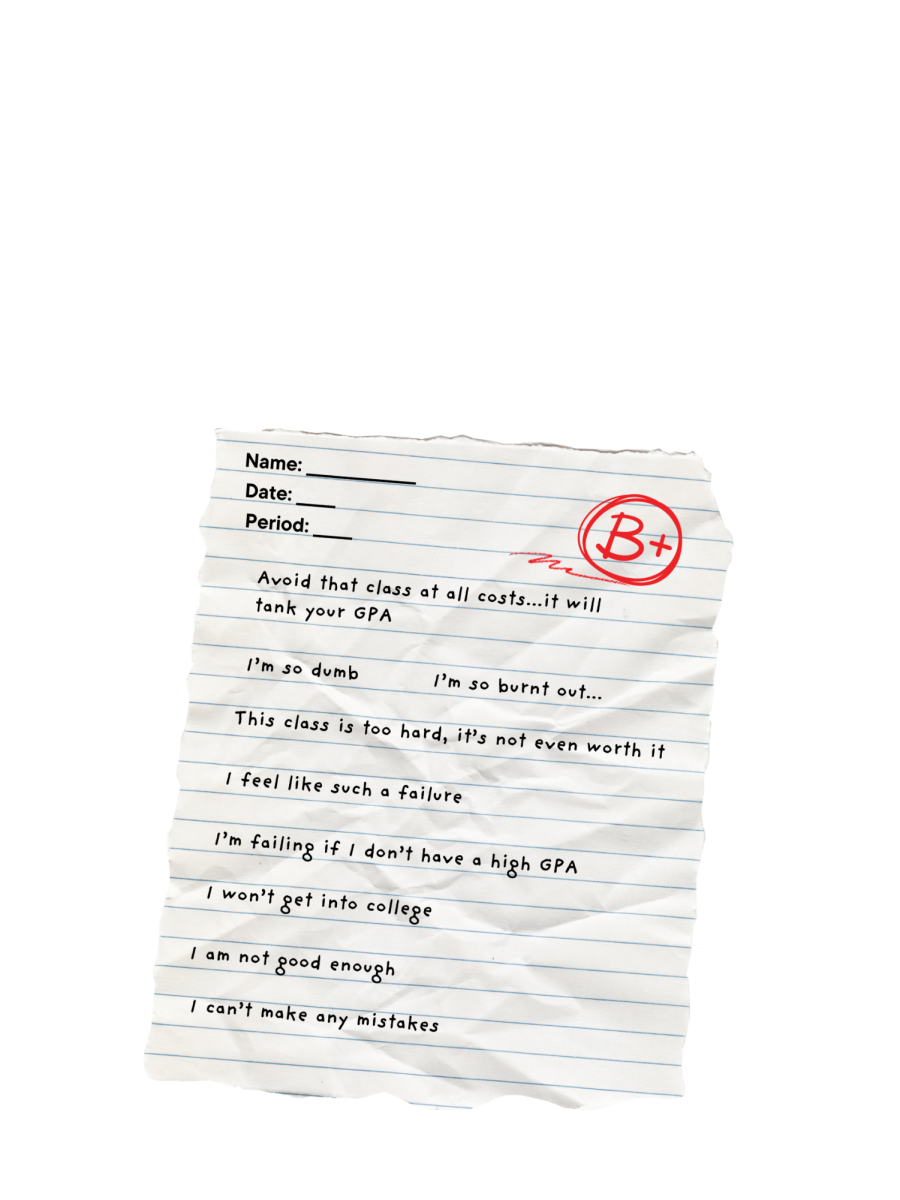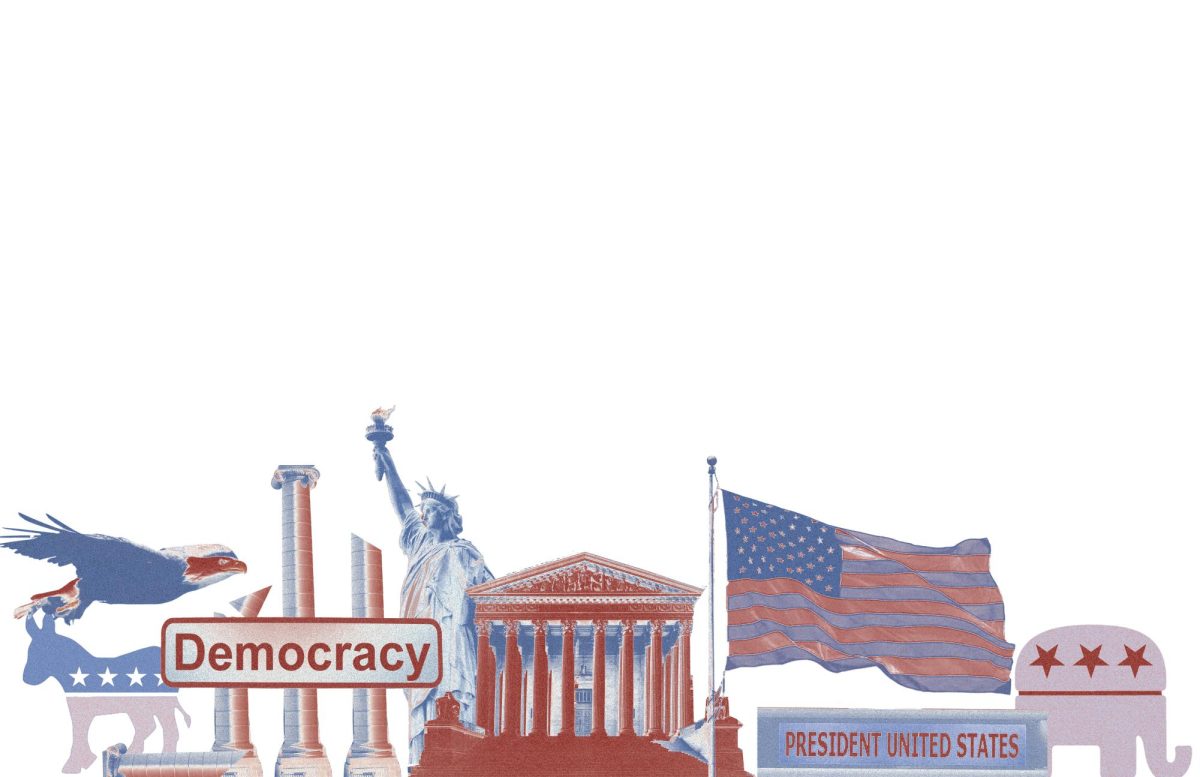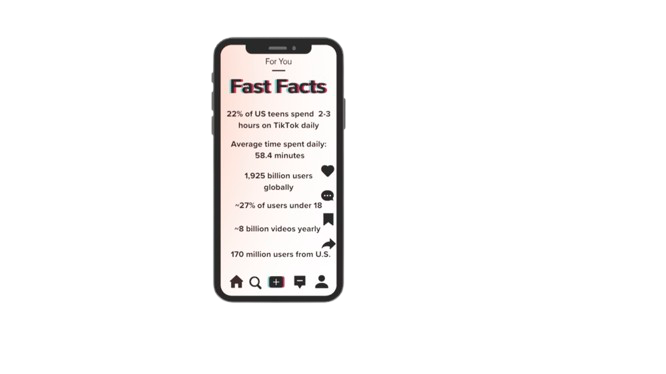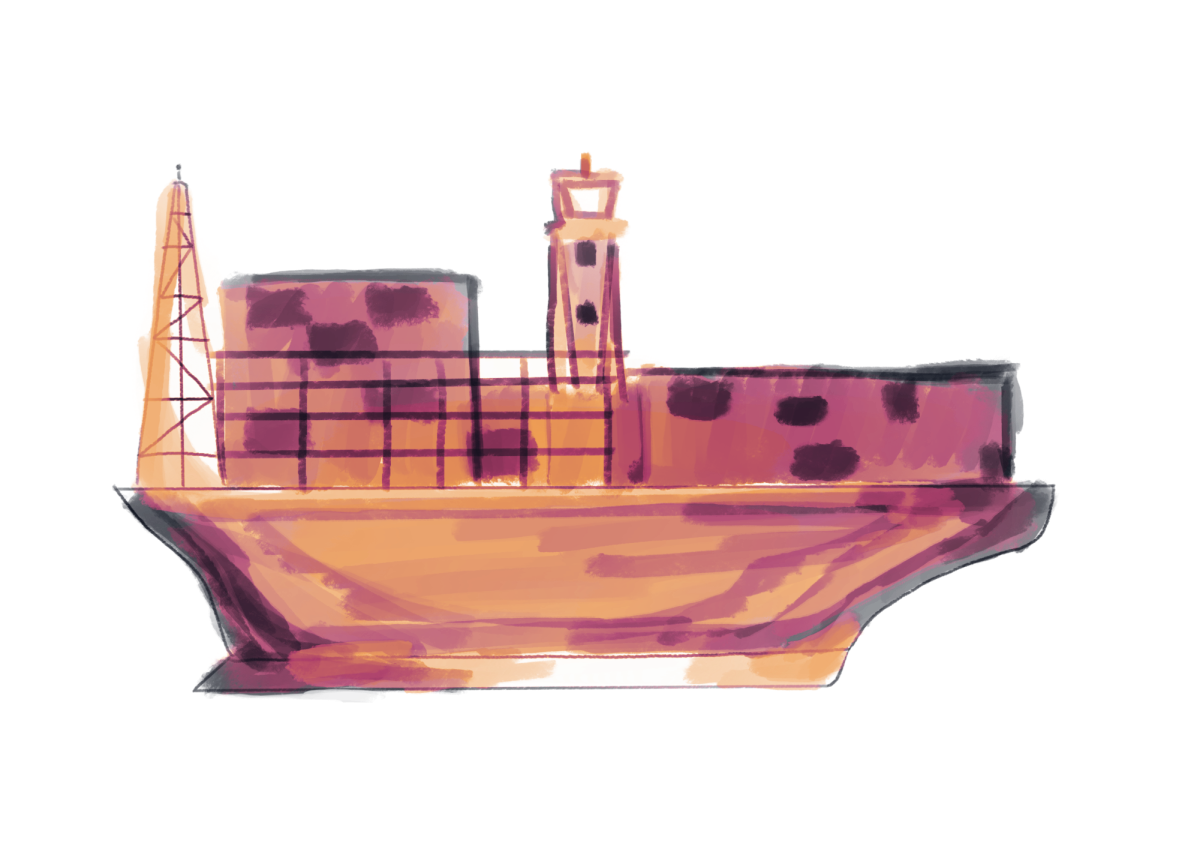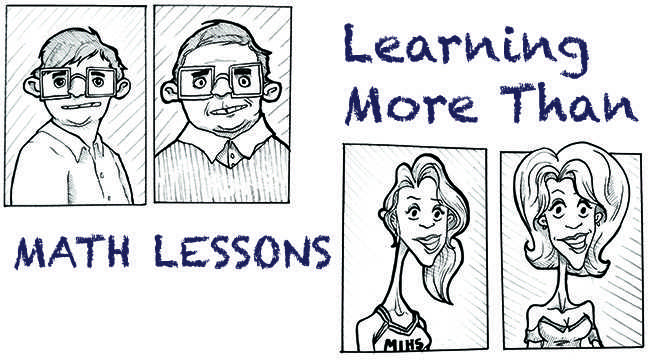We are on the brink of our lives. High school: that odd and awkward transition state between your parents’ house and a place of your own.
As high school students, we stand perched on the edge of the nest, and we are so ready to fly.
At least, we think we are.
But before we’re out there soaring on our own, perhaps it would be worth it if we take the time to figure out who we are by acknowledging that these years now are the ones that make us.
It’s no secret that we teens are capable of being flighty creatures. But a reason behind our seemingly irrational mood swings is that we feel vulnerable.
We haven’t yet figured out who we are, so how can anyone else know us?
Yet the vulnerability at this time is a beautiful thing because it means that we are like soft clay, easily molded.
We are realizing that now, we have the “intellectual capacity to form an identity,” according to Jennifer Senior in her article “Why You Never Leave High School.”
And this capacity is due to our changing prefrontal cortex, something we as teenagers have heard many a time.
While the prefrontal cortex is adding myelin to our neurons, our more melodramatic limbic system has greater control over our actions.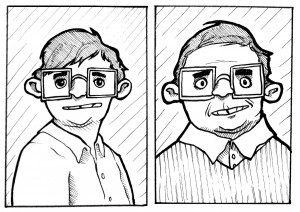
This area of our brain directs so many of our metacognitive abilities that when it’s changing, so are we.
While the prefrontal cortex is adding myelin to our neurons, our more melodramatic limbic system has greater power over our actions, providing an explanation for why we are flighty creatures, “more Kirk than Spock,” as B.J. Casey, a neuroscientist at Cornell University, puts it.
Not only do we act more impulsively and feel more intensely at this time, we also store memories more vividly than any other period of time in our lives; this phenomenon is better known as the reminiscence bump.
Preferences we have now for anything, as trivial as it may be, which we believe is an integral part of our identity will stick with us for a good, long time.
Part of what makes high school so uncomfortable is that all of us are maturing and changing at different rates and if life wasn’t hard enough at this point, the educational system decides to throw a whole lot of maturing, changing strangers in one place.
We’re not-so-delicately ripped from the comfort and familiarity of those friends we’ve known for the entirety of our fourteen-year long lives and dropped into this mass of angsty, awkward teenagers.
And then you ask yourself “Does this mean that I’m an angsty, awkward teenager too?”
Well that question doesn’t really matter since you are so overwhelmed by the bombardment of new faces bearing straight at you.
And so, to sort yourself out from this mass, you decide to maybe check out a club or two. Perhaps sign up for the fall play. Or try out for the football team. Before you know it, you’re labeled. Theatre. Sports. Art. Science.
Okay, maybe at a small school like this we don’t exactly have our own Breakfast Club, but we do define people by their interests.
It’s not derogatory, the interests you choose in adolescence will define yourself for the rest of your life, whether you like it or not.
So those labels could be looked at as a reminder of who you are, or even an insight into who you might become.
Of course, that’s not to say that high school cuts a clear path for the rest of your life, but what we do now is helping us to figure out who we are now, and who we’d like to become.
And therein lays the beauty of high school: using this awkward transition period to figure out who we are.
Most of us just don’t realize it because most of us see high school for its façade it projects on life: a totally unshakable reality of cliques and clichés.
Winnie Holzman, creator of the mid-nineties teen drama “My So-Called Life,” puts it beautifully when she says that “in high school…we know who looks down on us, who is above us, exactly who are friends and enemies are.”
We think that this absolute reality is just that. Absolute. Sure, we’ve given plenty of thought to the later years, which college we’re going to attend, what major we’ll choose, where we’ll live, but we spend so much time on the details, we give little time to the big picture: reality after high school.
We won’t have that same group of friends we hang out with every lunch. We won’t have that structured class schedule we must abide by.
Because that all changes once you’ve shaken the headmaster’s hand and accepted your diploma.
Suddenly the question changes and you’re asking yourself “Does this mean that I’m a self-sufficient adult now?”
The answer to that question actually lays in the four years you spend in high school, the years that made you.
Learning More Than Math Lessons
September 4, 2013
0
Donate to The Fourth Estate
$50
$500
Contributed
Our Goal
Your donation will support the student journalists of Laguna Blanca School. Your contribution will allow us to purchase equipment and cover our annual website hosting costs.

